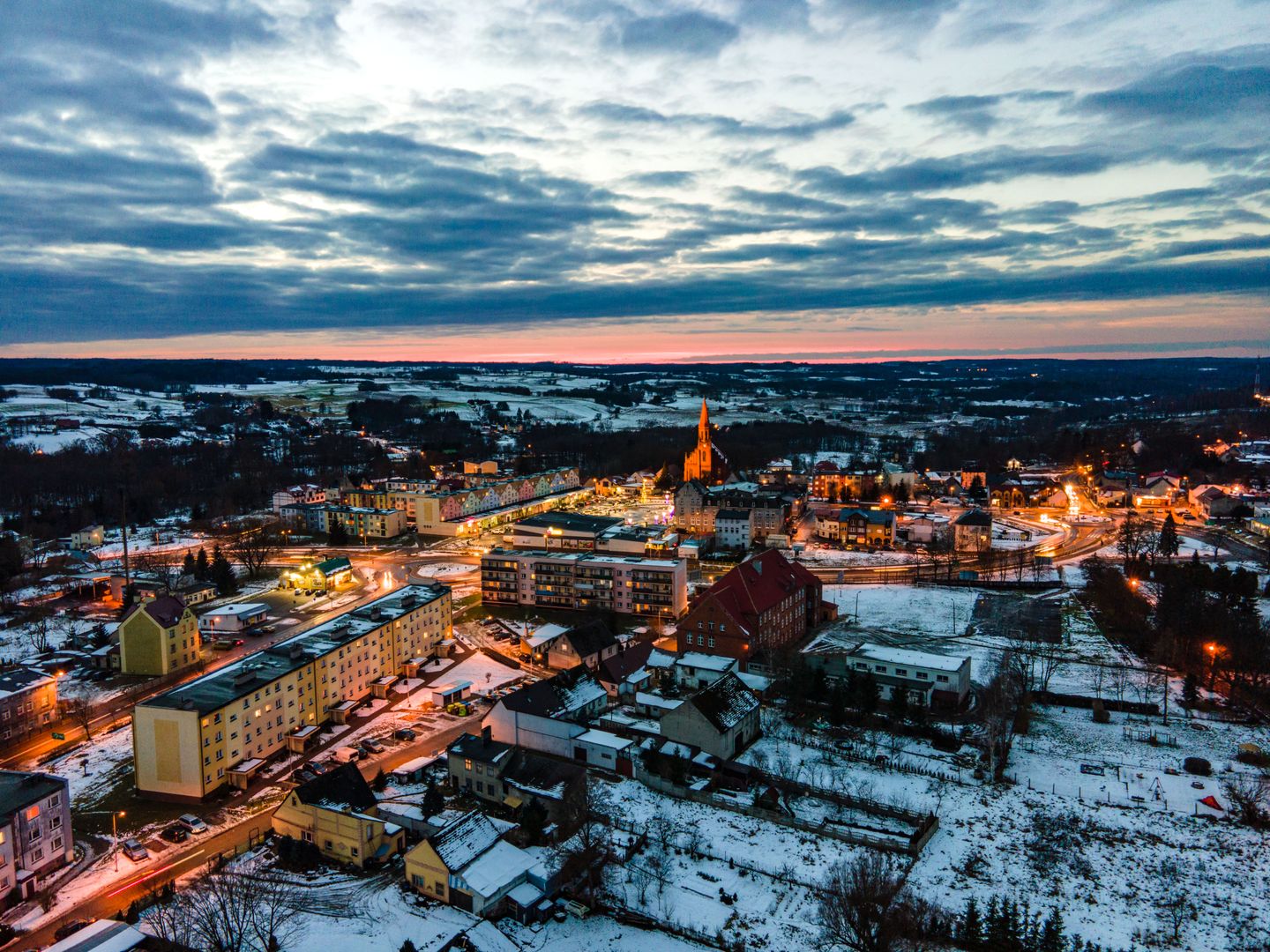Bobolice
6.06

Overview
Bobolice is a town in the West Pomeranian Voivodeship, serving as the seat of the urban-rural municipality. It is situated on the Bytów Lakeland, on the Chociel River, near Lake Chlewo. The town, known for its food industry as well as wood and plastic processing, has a rich history dating back to the Bronze and Iron Ages. Bobolice gained town rights in 1340, enhancing its status in the region. The town went through various administrative stages, being part of Germany until 1945, when it returned to Poland, though it lost its town rights due to war damage, only to regain them in 1958. Architecturally, Bobolice is known for the Church of the Assumption of the Blessed Virgin Mary from 1882–1886, the Orthodox Church of All Saints from 1902, and a 19th-century Evangelical cemetery. The residents of Bobolice practice various religions, including Roman Catholicism, Orthodoxy, and Greek Catholicism, reflecting the cultural diversity of the region. A notable attraction is the Łąki Bobolickie Nature Reserve, where rare plant species such as the European globeflower can be found. Bobolice is also the site of significant historical events, such as the Pomeranian campaign of 1107, and its development was linked to trade routes connecting Greater Poland with Kołobrzeg.
Location
2026 Wizytor | All Rights Reserved